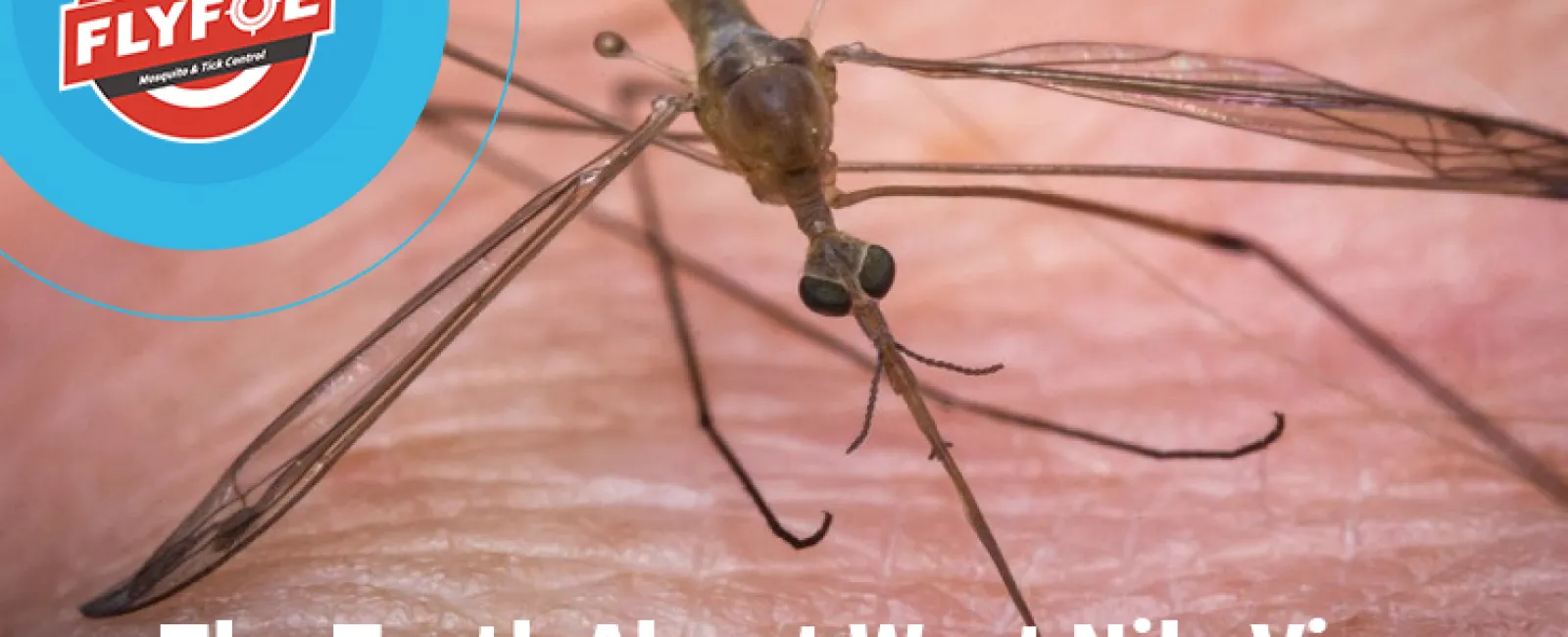Many people still think of West Nile Virus as an exotic disease that doesn't affect them. But the truth is that West Nile Virus is the leading cause of mosquito-borne disease in the continental United States. In 2018, for example, human cases of the virus were reported in every state except New Hampshire and Hawaii, and many more cases were reported in animals.
Mosquitoes Spread West Nile Virus
West Nile Virus is spread to people when they are bitten by mosquitoes that are infected with the disease. And while the majority of people who become infected don't even know they're sick, about one in five will develop flu-like symptoms, and about one in 150 will become severely ill. For those with severe cases of West Nile, about one in 10 will die, according to the Centers for Disease Control (CDC).
How to Tell if You Have West Nile Virus
People who develop less severe symptoms of West Nile Virus will experience a fever combined with other flu-like symptoms. For example, they may experience headaches, body aches, joint pain, vomiting, diarrhea, or a rash. Most people with these milder symptoms of West Nile Virus recover completely, although they may feel fatigued and weak for as long as several months.
In those who become severely ill from West Nile Virus, the disease affects their central nervous system, causing symptoms similar to those caused by encephalitis or meningitis. These include high fever, headache, neck stiffness, stupor, disorientation, coma, tremors, convulsions, muscle weakness, vision loss, numbness and paralysis. Recovery can take months for those who survive and some of the damage to their central nervous system may be permanent.
While anyone can be infected with West Nile Virus, those aged 60 or over are at the greatest risk of developing the more severe symptoms of the illness.
Preventing West Nile Virus
Since West Nile Virus is usually spread to humans by mosquito bites, the best way to prevent the disease is to avoid being bitten by mosquitoes. Use insect repellent, wear long clothing that covers your arms and legs during the warm months when you're in areas where mosquitoes are active, and try to avoid being around mosquitoes as much as possible.
Keep in mind that the types of mosquitoes that live in the U.S are most active at sunset. And remember that mosquitoes of all kinds usually like to live near water because that's where they breed.
Besides protecting your body when outdoors, the CDC also recommends taking steps to control mosquitoes in and around your home. For example, use screens on windows and doors and repair holes in screens to keep mosquitoes from coming inside. You should also eliminate all sources of standing water around your yard where mosquitoes can potentially lay their eggs. You should also use a mosquito control spray or service to eliminate the mosquitoes at all life stages.
Want a professional to handle the mosquito problem for you? Patio Patrol will protect your turf from the nuisance and dangers of pests, including mosquitoes that may be infected with West Nile Virus. Get started here: www.patiopatrol.com/get-started


